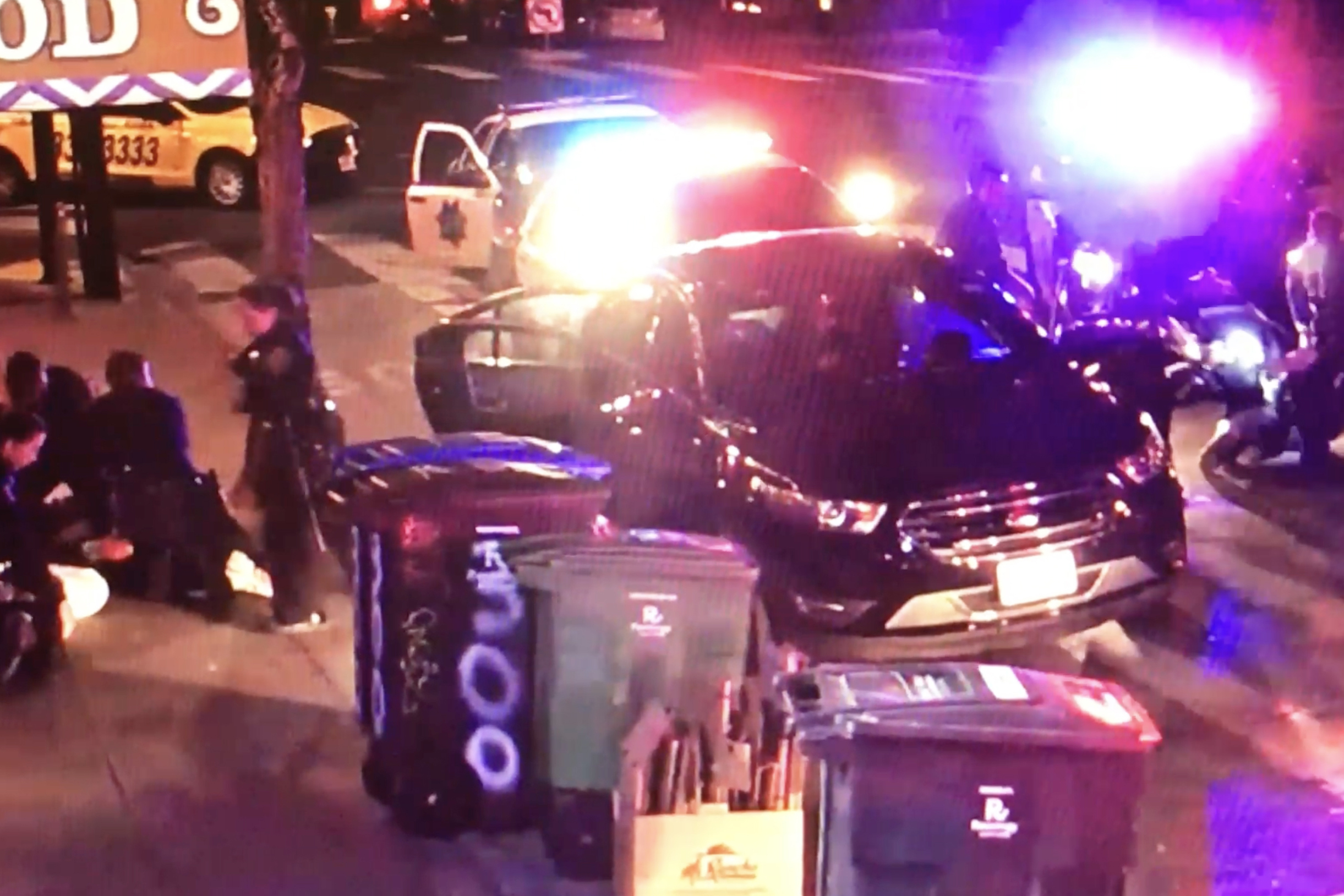Few things are more synonymous with policing than traffic stops.
Yet San Francisco is considering making this common practice off limits—at least when it comes to minor offenses, like driving with a broken tail light.
Here’s why.
In San Francisco, police are far more likely to pull over people of color than their white counterparts. In 2021, Black people were four times as likely to be stopped for a traffic offense than whites, according to police data. Latinos, by comparison, were 1.5 times as likely to be stopped than whites.
Minor traffic stops too often lead to people of color getting hurt or even killed by officers, police reform advocates say. In 2021, an investigation by The New York Times found that police across the nation killed more than 400 unarmed people during traffic stops in the prior five years.
Police often use minor traffic stops to investigate people for unrelated crimes. Police say the practice, known as a pretextual stop, is a useful tool for taking guns and drugs off the streets. But advocates say police have too much discretion, allowing unconscious bias to sway their decisions on who to pull over, leading to disparities in police stops.
Need an example of how a minor traffic stop can go wrong? In late 2019, Arthur Higgins was smoking a cigarette in the backseat of a car in North Beach when an officer grabbed him without warning. Moments later, Higgins was pepper sprayed, hit with a baton, punched and kneed. His offense?
Sitting in a car that was parked in a bus zone.
Remind me again why I care? San Francisco’s Police Commission recently introduced a draft policy that would—with some exceptions—prohibit officers from doing two things: stopping drivers for minor offenses such as failing to use a turn signal, and asking questions about unrelated criminal activity during any traffic stop. The goal is to end those controversial pretextual stops we talked about earlier.
So how can I get involved? The Police Commission is expected to solicit public input on the proposal before taking a vote in fall 2022. The commission announces upcoming meetings on its website.
